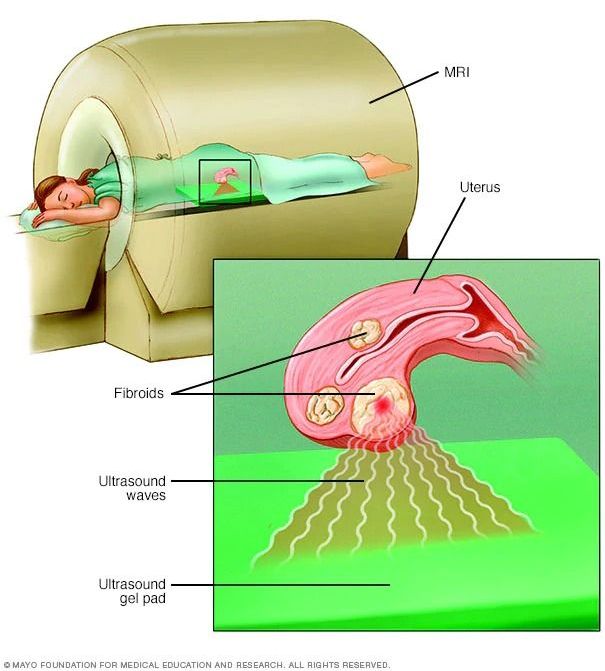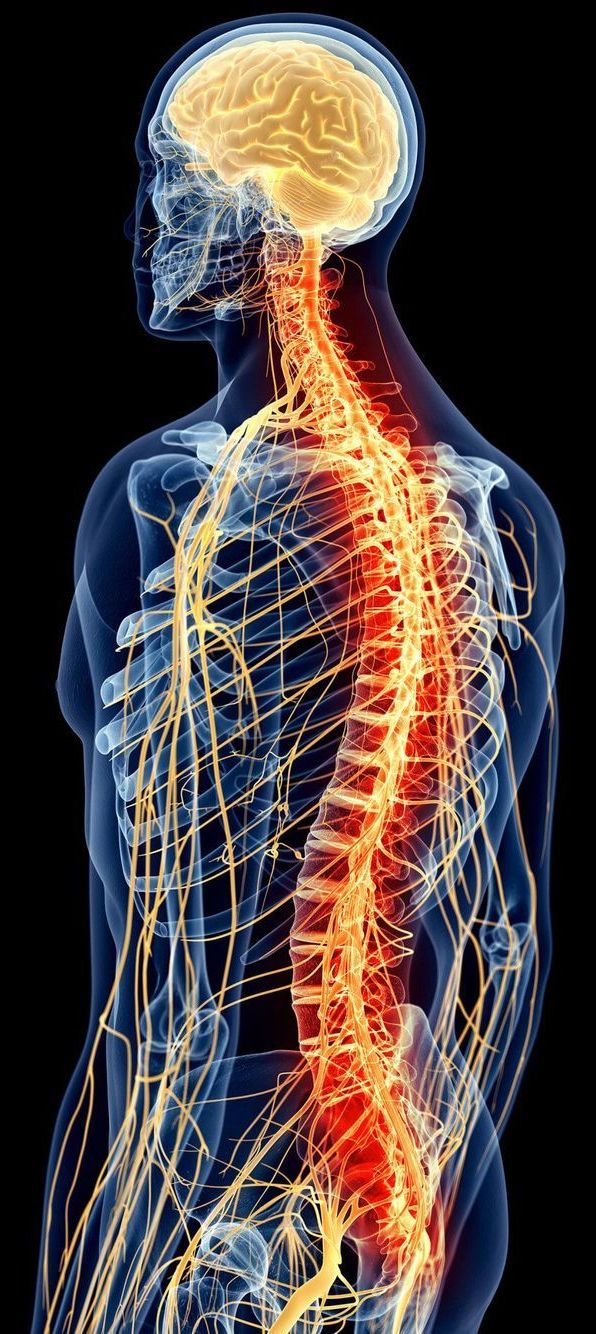Learn more about what you can expect during this uterine fibroid treatment, along with the possible risks and results.


Circa 2018
Magnets may play a central role in the future of surgery. This summer, US surgeon Dr. Jeffrey Cadeddu performed the first of several magnet-assisted prostate cancer surgeries he has now done.

Circa 2013
The unique relationship between the coordinates in the bore of a Magnetic Resonance Imaging (MRI) scanner and the magnetic field gradients used for MRI allows building a localization system based on the measurement of these gradients. We have previously presented a miniature 3D Hall probe integrated in a low cost, low voltage 0.35μm CMOS chip from which we were able to measure the magnetic gradient 3D maps of 1.5T and 3T MRI scanners. In this paper, this 3D Hall probe has been integrated in a magnetic tracking device prototype and an algorithm was built to determine the position of the probe. First experimental results show that the probe gives its position with accuracy close to a few millimeters, and that sub-millimeter localization in a one-shot-3ms-measurement should be readily possible. Such a prototype opens the way for the development of MRI compatible real time magnetic tracking systems which could be integrable in surgical tools for MR-guided minimally-invasive surgery.


Billions of years ago, Mars could have been a planet very like Earth with copious liquid water on its surface. But over time, that water rose into Mars’s thin atmosphere and evaporated off into space. There are only very small amounts of water vapor left in the atmosphere today, and a new study shows that vapor is being lost even faster than previously believed.
The research, published in the journal Science, used data from the Trace Gas Orbiter in orbit around Mars to see how water moved up and down through the layers of the Martian atmosphere in order to understand how fast it evaporates away. They found that the vapor changes through the seasons and that in the warmer months the atmosphere hosts a whole lot more water than expected, in a state called “supersaturation.”
When the atmosphere becomes supersaturated, this makes the evaporation of water happen even faster. “Unconstrained by saturation, the water vapor globally penetrates through the cloud level, regardless of the dust distribution, facilitating the loss of water to space,” the authors explain. Even when the density of dust or ice particles in the atmosphere changes, that still doesn’t stop supersaturation, so the evaporation of water continues at a brisk pace.

Neuroregeneration entails not only neurogenesis, but also regrowth of lost connections and birth of non-neuronal cells. While adult neurogenesis in humans is only known to occur definitively in a few precisely circumscribed regions of the brain, work in other species suggests that science has only scratched the surface of the full regenerative potential of our own nervous systems.
The serotonergic system has widely been shown to control many aspects of neuroregeneration. In some regions, it facilitates neurogenesis, while in others, it seems to inhibit it. In the case of inhibition, a recent example has been published in PLOS Biology. The authors used a zebrafish model of Alzheimer’s disease to show that amyloid-induced interleukin-4 (IL4) promotes neurogenic stem cell proliferation by suppressing the production of serotonin. In these animals, there is a unique neuro-immune interaction through which IL4 secreted by dying neurons activates microglia. In turn, microglia reciprocate by revving up neural stem cell proliferation.

Uranium contaminated groundwater that is unsafe to drink could be cleaned up using the new remediation technique.
An electrochemical technique could prevent the spread of uranium in contaminated groundwater and provide a new way to source material for use in nuclear fuel.
In October 2019, Google made a big announcement. It announced its 53-qubit quantum computer named Sycamore had achieved ‘quantum supremacy.’ That’s when quantum computers can complete tasks exponentially more quickly than their classical counterparts. In this case, Google said its quantum machine completed a task in 200 seconds that would have taken the world’s most powerful computer 10,000 years to complete. IBM, another major player in quantum computing, took issue with the findings. Either way, it was a big milestone in quantum computing, and it’s leading to a lot of hype in the field. Here’s how quantum computing works, and how it could change everything from Wall Street to Big Pharma and beyond.
» Subscribe to CNBC: https://cnb.cx/SubscribeCNBC
» Subscribe to CNBC TV: https://cnb.cx/SubscribeCNBCtelevision
» Subscribe to CNBC Classic: https://cnb.cx/SubscribeCNBCclassic
About CNBC: From ‘Wall Street’ to ‘Main Street’ to award winning original documentaries and Reality TV series, CNBC has you covered. Experience special sneak peeks of your favorite shows, exclusive video and more.
Connect with CNBC News Online
Get the latest news: https://www.cnbc.com/
Follow CNBC on LinkedIn: https://cnb.cx/LinkedInCNBC
Follow CNBC News on Facebook: https://cnb.cx/LikeCNBC
Follow CNBC News on Twitter: https://cnb.cx/FollowCNBC
Follow CNBC News on Instagram: https://cnb.cx/InstagramCNBC
#CNBC
The hype over quantum computers, explained.

SET-listed satellite service provider Thaicom is in talks with three foreign companies on partnership deals to operate ground stations for satellite data transmission as the government works towards opening the satellite industry to private operators through a licensing regime.
The ground stations, known as satellite gateways, are responsible for transmitting data to and from the satellite to the local area network. The antennas and equipment for converting the radio frequency signal to an internet protocol signal for terrestrial connectivity are already installed.
The deals are expected to be concluded this year, with operations kicking off next year, according to Thaicom chief executive Anant Kaewruamgvongs.